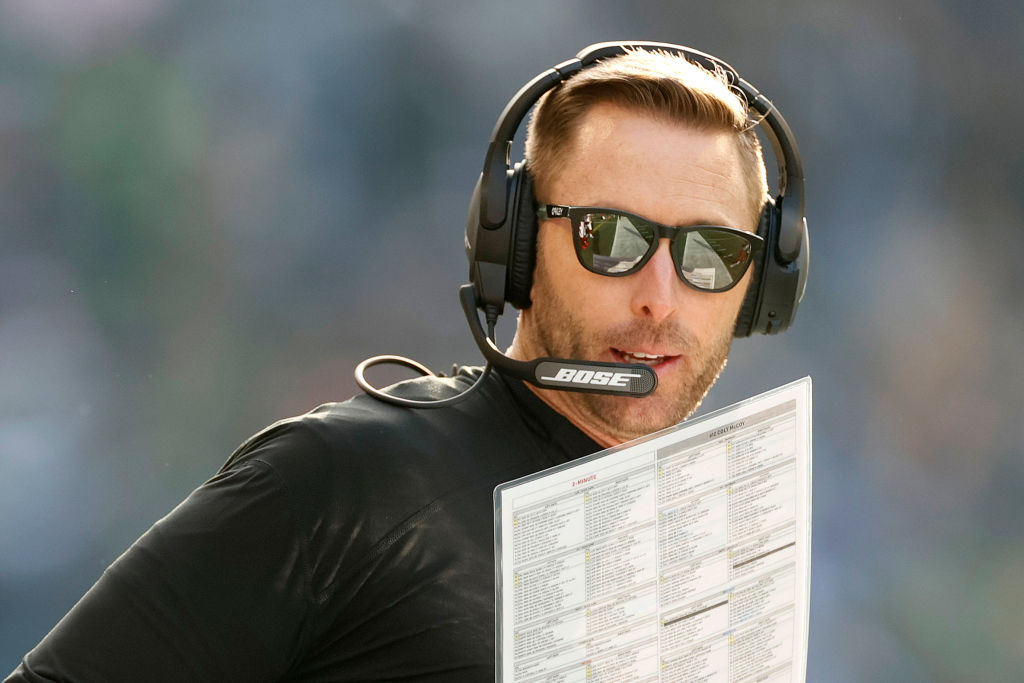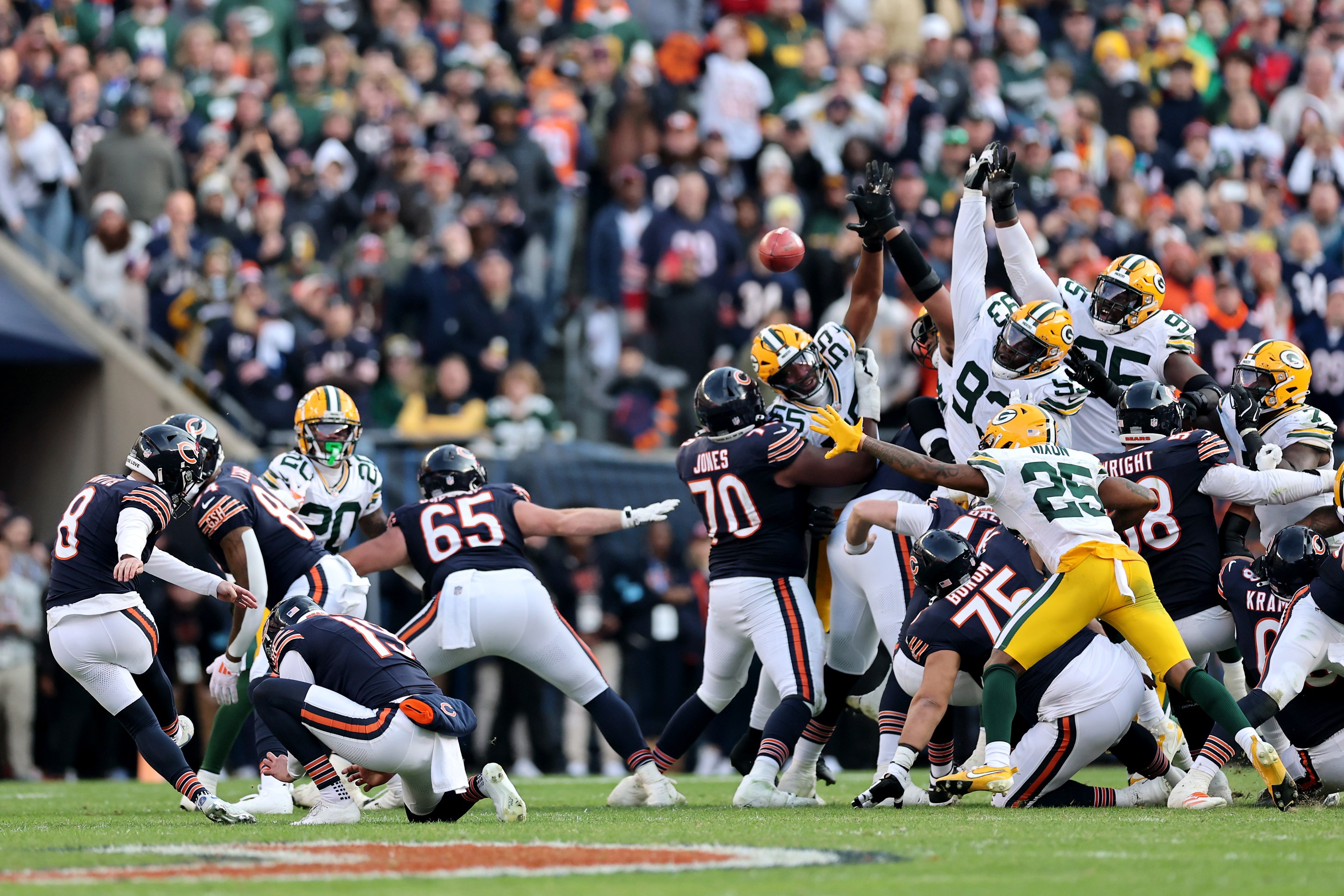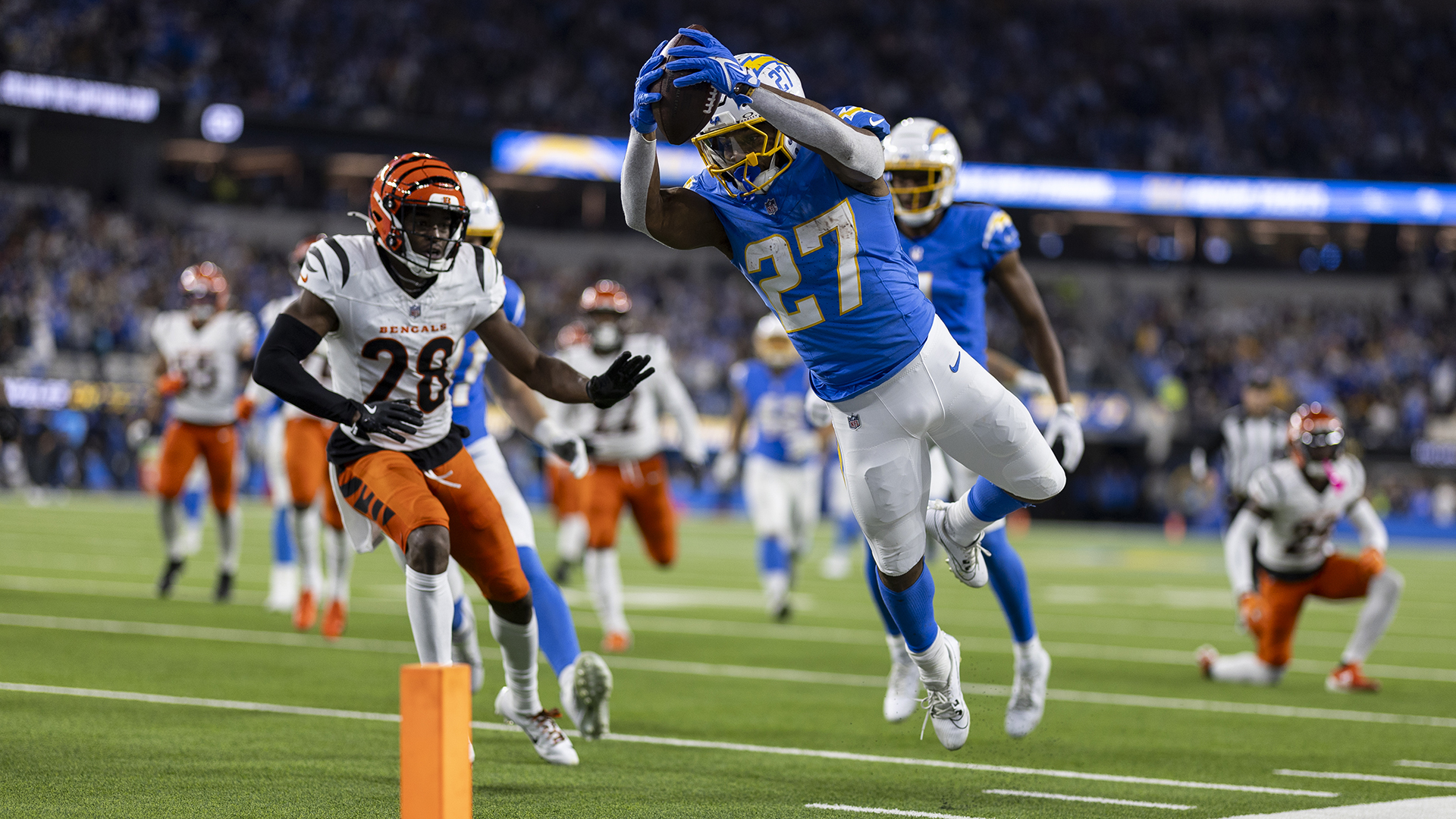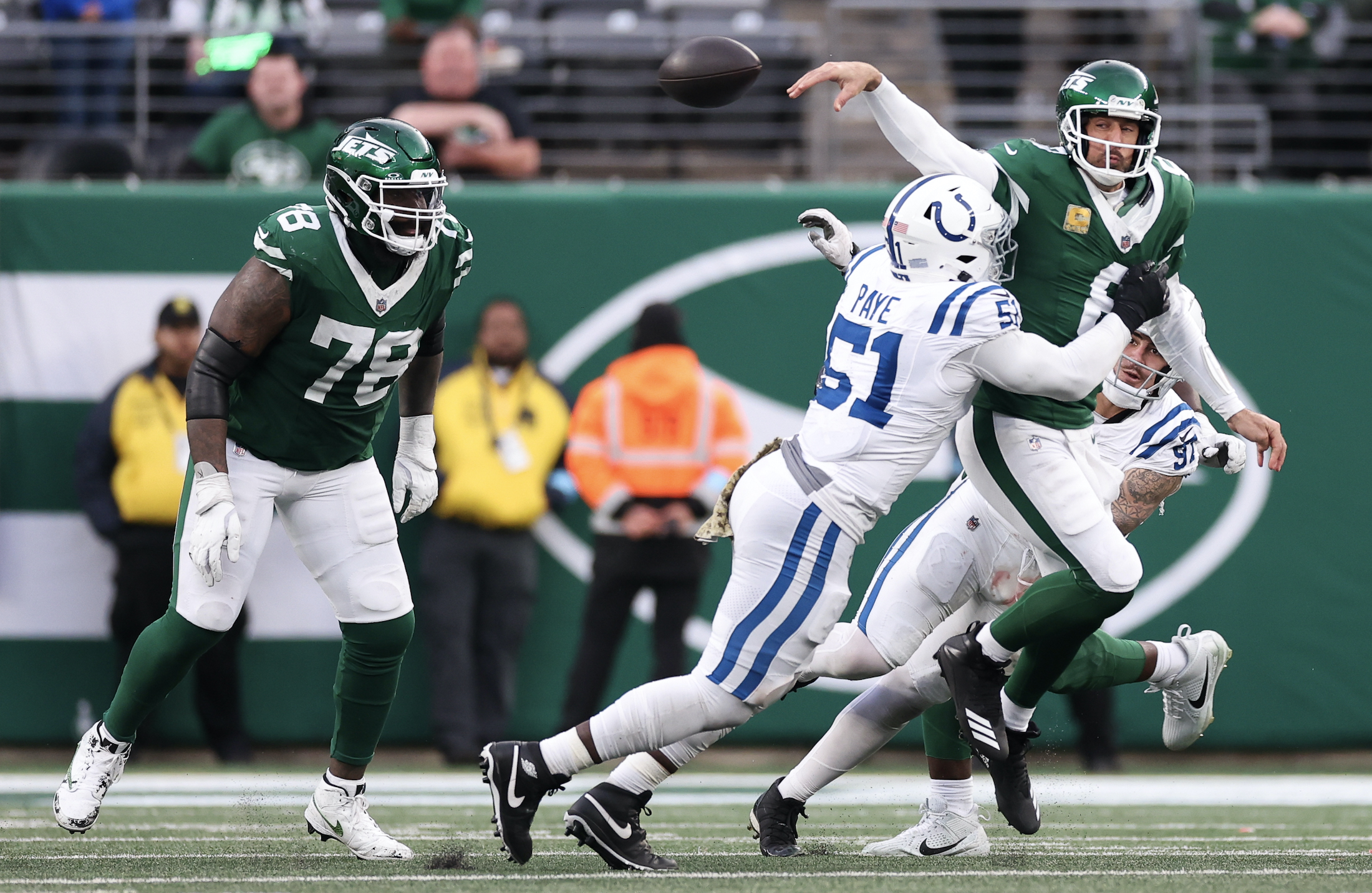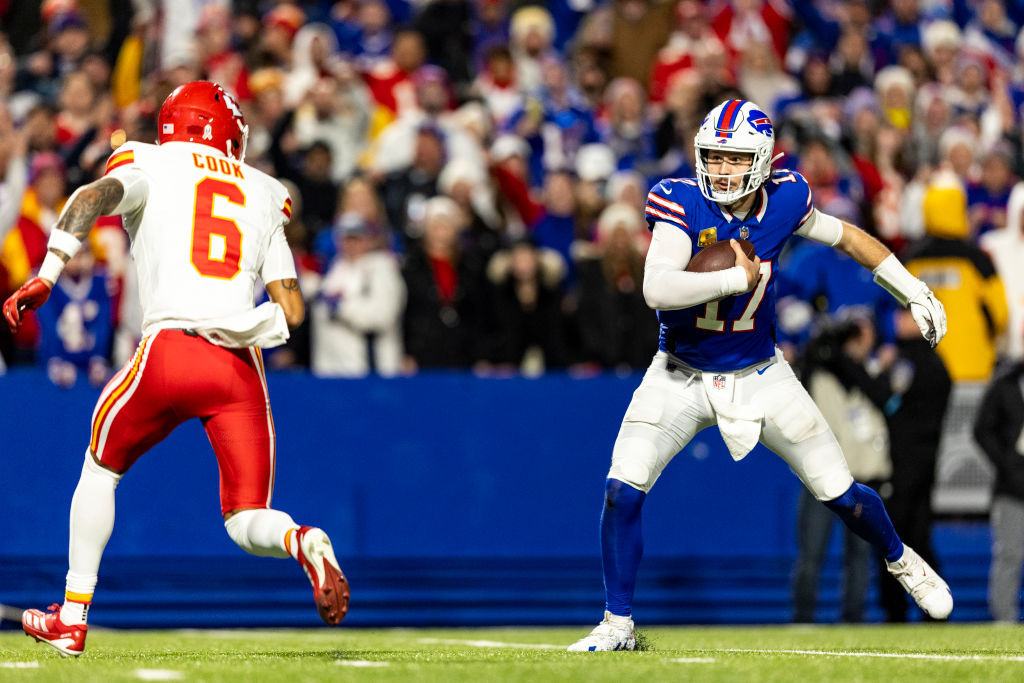It is not easy to make decisions during a football game. This is unfortunate for the coaches and players who are tasked with making those decisions, not only because wrong decisions can lead to losses, but also because the proliferation of analytics and win probabilities and various statistical models has made it incredibly easy for those of us not making the decisions to partake in second-guessing. Thus, you may feel sympathetic towards Kliff Kingsbury and the Arizona Cardinals while also acknowledging that they really fucked up.
The Cardinals lost at home to the Rams, 30-23, despite coming into the game with the best record in the league and the Rams missing a handful of key players due to COVID-19 diagnoses. It took some great throws from Matt Stafford and some bad interceptions from Kyler Murray for the Rams to build a 14-point lead they held into the fourth quarter, but the Cardinals scored a touchdown to start the final frame, and suddenly the game was on. The Rams scored a field goal on the next drive to extend their lead to 10, but the Cardinals still got the ball back with plenty of time to engineer two scoring drives. Their first crack at it ended with their first big mistake: On a fourth-and-2 from the Rams' 37, the Cardinals had the option to go for it or let Matt Prater try a 56-yard field goal that would have cut the lead to seven. Even though Prater had already hit two field goals from 50-plus yards in the game, you can't really blame Kingsbury for deciding it was more prudent to go for it rather than kick from such long range. What you can blame him for is the play call, which saw James Conner taking a handoff from the shotgun formation and then getting stuffed at the line for no gain. "I like our chances. You know fourth-and-2, we check analytics, we do all those things," Kingsbury said to reporters when asked about the play after the game. "I liked the way we were going, I liked the call. Um, just didn't work out."
Things worked out even worse on the next drive, when Murray and the offense were tasked with overcoming a 10-point deficit with 2:44 left on the clock and no timeouts. Murray managed to get the offense down to the Rams' 27 with the clock stopped and 1:13 left to play. Still needing 10 points to the tie the game, this would have been an ideal moment for Kingsbury to send Prater onto the field to collect three points, and then start praying for an onside kick recovery that would have left Murray with a decent chunk of time to drive for the tie. Instead, Kingsbury called two more plays, the second of which ended with Murray getting sacked and the clock running. By the time the kicking team made it onto the field and Prater nailed the field goal, there were only 37 seconds left to play.
Losing 30 seconds here and there is far from the biggest determining factor of an NFL game's outcome, but the Cardinals could have really used that extra time. They did indeed recover the onside kick, but the ensuing mess of a drive—back-to-back penalties followed by a short completion, followed by Murray desperately getting one final snap off and running into a sack while his offensive linemen stood around trying to figure out why he hadn't spiked the ball—could have possibly been salvaged if there had been a bit more time on the clock. A few extra seconds would have at least afforded the Cardinals the opportunity to take a crack at a Hail Mary.
Aaron Donald calls game. #RamsHouse pic.twitter.com/u7jYWFRpFN
— NFL (@NFL) December 14, 2021
These are relatively small mistakes to make over the course of a game or a season, but ones that get understandably magnified when they are made by one of the best teams in the league. The consequences are more urgently felt, too, as last night's loss knocked the Cardinals out of the top seed in the NFC, which would cost them a first-round bye in the playoffs.
The Cardinals are still having themselves a fine season, but last night's miscues, small as they were, offered a glimpse of how difficult it is for even the best teams in the league to keep everything humming at all times. Being a top team in the league is still something that Kingsbury, Murray, and the rest of the team are still getting used to, and home losses marked by unforced errors is part of the growing process for a team like that. All anyone with a vested interest in Arizona's success can hope for is that they manage to smooth things out before running into Tom Brady or Aaron Rodgers in the playoffs.
